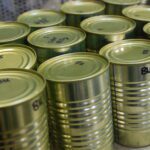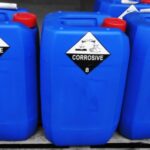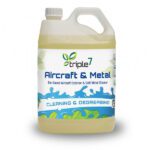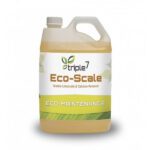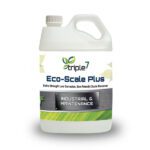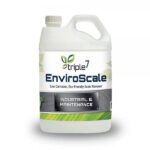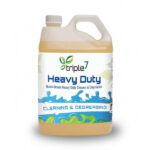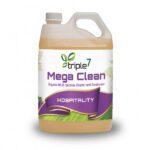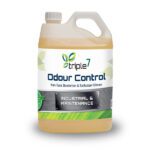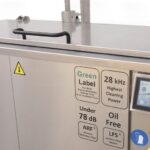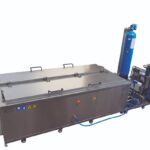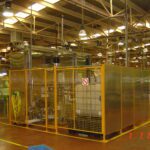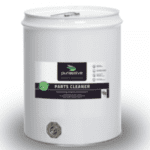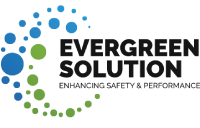Table of Contents
Biobased vs. Chemical
Organic and chemical cleaners are two types of cleaning agents used by industries to remove dirt, grime, and contaminants from surfaces and equipment. Organic cleaners are made from natural, biodegradable ingredients such as plant oils and extracts and are generally safer and more environmentally friendly than chemical cleaners. Synthetic cleaners are made from synthetic chemicals. They are often more effective at removing tough dirt and contaminants from surfaces and equipment.
Ingredients
One of the main differences between organic cleaners and chemical cleaners is their ingredients. Organic cleaners are made from natural, biodegradable ingredients, such as vinegar, lemon juice, Oleo natural oil extracts, and biosurfactants. These ingredients are safe to use around children and pets, and are generally less toxic and harmful to the environment. Chemical cleaners, on the other hand, are made from synthetic chemicals, such as benzene, chlorine, ammonia, and trisodium phosphate. These chemicals are often more effective at removing dirt and contaminants, but can be toxic and harmful to the environment.
Efficiency and power
Another difference between organic cleaners and chemical cleaners is their cleaning power. Organic cleaners are generally slower and equally effective at removing tough dirt and contaminants, as they are made from less reactive ingredients. Chemical cleaners, on the other hand, are generally more powerful and effective at removing tough dirt and contaminants, as they are made from stronger, more potent chemicals.
Pricing and demand
The cost of bio-based cleaner is generally higher than chemical cleaners, as they are far less in demand and are relatively new to the market. Chemical cleaners, on the other hand, are generally more inexpensive, as they are made from more easily available ingredients and require less manufacturing and processing.

Safety and usage
In terms of safety, organic cleaners are generally safer to use than chemical cleaners, as they are made from natural, biodegradable ingredients that are less toxic and harmful to the environment. Chemical cleaners can be more toxic and harmful, and may require the use of protective equipment, such as gloves and respirators, to prevent exposure.
In conclusion, organic cleaners and chemical cleaners are two types of cleaning agents that are used by industries to remove dirt, grime, and contaminants from surfaces and equipment. Organic cleaners are made from natural, biodegradable ingredients, and are generally safer and more environmentally friendly than chemical cleaners. Chemical cleaners are made from synthetic chemicals and are often quicker at removing tough dirt and contaminants, but can be more toxic and harmful to the environment. The cost of organic cleaners is generally lower than chemical cleaners, and organic cleaners are generally slower but equally powerful and effective at removing tough dirt and contaminants. Chemical cleaners are generally less expensive and effective at removing tough dirt and contaminants. In terms of safety, organic cleaners are generally safer to use than chemical cleaners.





